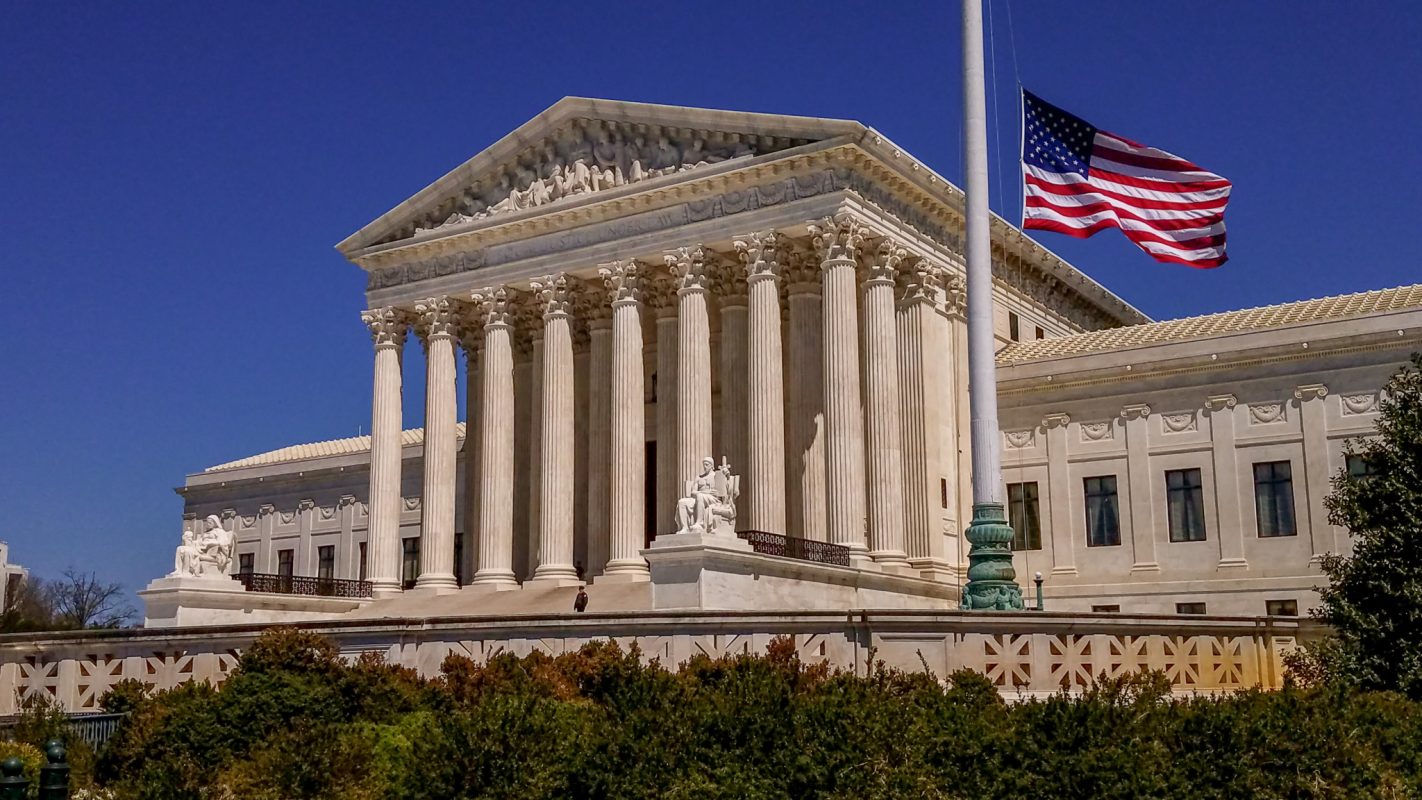In 2025, it is crucial for parents to recognize that beliefs held within a particular tradition can significantly sway legal outcomes in parenting arrangements. Judges may consider the involvement of both parents in the community and the moral upbringing they provide, reflecting the core values associated with their faith. Understanding how an individual’s beliefs are perceived in the courtroom can aid in formulating informed strategies during legal proceedings.
Research indicates that courts often assess the stability and upbringing environments each parent can offer, which may include adhering to specific teachings associated with their faith. A parent who actively participates in their religious community may be viewed as more supportive of their child’s development. Thus, documentation of participation, such as records of attendance and community involvement, can be beneficial in demonstrating commitment to upbringing aligned with particular values.
Moreover, if any doctrine disproportionately affects the daily lives of the children, this could be a pivotal point in custody evaluations. Families should prepare evidence showcasing how their values contribute positively to the child’s growth. Engaging with legal counsel experienced in matters concerning belief systems can provide strategic advantages when presenting these aspects in court.
The Role of Religious Beliefs in Custody Determinations
In 2025, it is crucial to consider how personal convictions impact the evaluation of parenting arrangements. Courts may take into account the adherence of each parent to their belief systems when assessing the overall well-being of minors involved.
Consider documenting your involvement in specific communities associated with your beliefs. Provide evidence of participation in congregational activities, social events, and educational programs for your children. This information can demonstrate your commitment to instilling values and ensuring a supportive environment.
Furthermore, be prepared to discuss how your principles influence day-to-day parenting. Highlight routines that incorporate teachings, moral lessons, and traditions that contribute positively to a child’s upbringing. Such details may resonate with evaluators seeking to understand the character and environment each parent offers.
It is advisable to remain open to discussions with the other parent about integrating both belief systems, if applicable. Showing willingness to collaborate can be advantageous in establishing a cooperative co-parenting relationship.
When presenting your case, use expert testimonies from psychologists or social workers familiar with the impact of conviction-based lifestyles on children. Their insights can strengthen arguments regarding the psychological and emotional benefits derived from structured belief-based upbringing.
Lastly, familiarize yourself with regional laws regarding how personal beliefs influence judicial discretion. Some jurisdictions may prioritize beliefs differently, which could shape comprehensive strategies in your favor.
Impact of Religious Upbringing on Child’s Welfare
Engagement in spiritual traditions can significantly affect a young person’s development. In assessing the suitability of environments for minors, several key elements should be acknowledged:
- Moral Framework: Adherence to specific teachings provides a structured moral compass, guiding youngsters in ethical decision-making scenarios.
- Community Support: Involvement in faith-based groups fosters social connections, offering emotional and psychological reinforcement.
- Identity Formation: Early participation in practices contributes to a sense of belonging and self-identity, essential for confidence and resilience.
- Behavioral Norms: Regular engagement in communal rituals often instills discipline and predictability in daily routines.
- Conflict Resolution Skills: Teachings may encourage peaceful resolutions to disputes, promoting healthy interpersonal skills.
In 2025, courts may weigh these aspects when determining environments that best serve the minor’s interests. An assessment of support networks, moral teachings, and the emotional climate fostered within spiritual settings is vital.
- Assess the values and teachings emphasized in the upbringing.
- Evaluate the community involvement and its impact on social connections.
- Consider how moral principles are applied in everyday situations.
- Examine the emotional and psychological well-being of the young individual.
Each of these components aids in cultivating a nurturing atmosphere that promotes healthy growth and development.
Judicial Considerations of Religious Practices during Custody Hearings
Courts are encouraged to assess practice impacts on children’s welfare, ensuring their psychological and emotional needs are prioritized. In 2025, judges are expected to consider how involvement in specific belief systems affects a child’s upbringing and stability. For example, courts may examine the extent to which a parent practices their faith and how it contributes to family bonding and routine.
Evaluating the Role of Faith
Judges often look at the integration of spiritual beliefs in daily activities. Regular participation in community gatherings or ceremonies can indicate a supportive environment for the child. Courts may request documentation proving attendance at relevant events and schooling that complements faith-oriented education.
Impact on Child’s Well-Being
Assessment of how practice impacts the child’s social and emotional health is crucial. Testimonies from educators, psychologists, and community members may be solicited to gauge effects of belief practices on social development and peer relationships. Judges also consider potential conflicts between the parents’ lifestyle choices and their influence on the child’s choices and autonomy.
Furthermore, any accusations of using beliefs as leverage against the other parent are thoroughly investigated. Evidence of coercive practices may lead to actions that prioritize the child’s impartial development. In resolved matters, collaboration between parents to create a balanced environment reflecting both perspectives is typically encouraged.
Religious Affiliation and Parental Rights in Custody Cases
In 2025, judges may take into account the affiliation of parents with specific faiths as a determining aspect when evaluating parental rights and responsibilities. This can manifest in various ways, such as prioritizing a child’s upbringing in a particular belief system that aligns with one parent’s practices and convictions. It is recommended that parents articulate their values and how they represent those in daily life, making clear the potential benefits for the child’s welfare.
Documentation of Beliefs
Providing documentation of participation in community events, educational programs, and other relevant activities can significantly support a parent’s case. Demonstrating active involvement in a faith-based community can illustrate stability and a strong support network for the child. Such evidence may help to discredit claims of neglect or absence in the child’s spiritual upbringing.
Impact on Visitation Rights
When formulating visitations, courts often consider the implications of differing beliefs. Proposing a schedule that respects both parents’ traditions can serve as a cooperative approach, providing a more balanced environment for the child. Parents should prepare proposals that demonstrate how they plan to incorporate both belief systems, ensuring that the child receives a rounded experience. Showing willingness to adapt visitation times around significant religious events can favorably influence a judge’s perception.
Assessing the Influence of Religious Communities on Custody Outcomes
In 2025, when evaluating the role of faith-based groups in custody matters, legal practitioners must prioritize the community’s structure and support systems. Research indicates that affiliations with particular congregations often yield a preference for maintaining the child’s ties to their community during proceedings. This suggests that judges may view these connections as beneficial for the child’s upbringing.
Impact of Community Support
Support networks within these groups can play a significant role in shaping custody outcomes. Many families report that the backing from their religious communities aids in providing a stable environment. Legal representatives should actively gather testimonials from community leaders to substantiate the claims of a positive influence on the child’s welfare. Additionally, evidence of community activities that promote family unity may strengthen a case significantly.
Considerations for Legal Practitioners
It is advisable for attorneys to not only consider the individual beliefs of the parents but also how those beliefs align with community values. Demonstrating the benefits to the child of deep community ties can strengthen arguments for one parent’s suitability over the other. Engaging with counselors or mediators familiar with the community dynamics can provide deeper insights, enhancing the representation in court.
Best Practices for Lawyers Handling Religious Factors in Custody Disputes
Prioritize understanding the beliefs of both parents. Gather detailed information on each parent’s views and practices and how these might impact the upbringing of their offspring. Document these insights thoroughly in case files.
Communicate effectively with clients about the potential impact of their beliefs on legal proceedings. Help them articulate their positions and demonstrate their commitment to their offspring’s welfare while incorporating these values.
Consult with experts in faith-based practices. Utilizing child psychologists or sociologists familiar with the effects of upbringing within particular belief systems can provide valuable context during negotiations and court presentations.
Utilize mediation as a strategy. Encourage both parties to reach an agreement that respects individual views while focusing on mutual goals centered around the child’s best interests.
Maintain cultural sensitivity throughout legal processes. Be aware of and respectful towards various practices, ceremonies, and traditions, ensuring clients feel represented and understood.
Draft parenting plans that incorporate each parent’s values. Tailor these documents to reflect how children’s upbringing will foster diversity and respect for all beliefs involved.
Stay informed on relevant case law in 2025. Monitor trends and rulings that might affect scenarios involving upbringing practices, as legal precedents can shift as societal views evolve.
| Best Practice | Description |
|---|---|
| Understanding Beliefs | Collect detailed information about each parent’s beliefs and their intended impact on upbringing. |
| Effective Communication | Help clients express their views and commitment to their offspring’s welfare. |
| Expert Consultation | Engage specialists to provide insights into the effects of belief systems on children. |
| Mediation Focus | Facilitate discussions to encourage respectful agreements among parents. |
| Cultural Sensitivity | Show respect for different practices to promote understanding. |
| Tailored Parenting Plans | Create agreements that reflect shared values and respect diversity. |
| Stay Updated | Regularly review case law changes and relevant legal precedents. |
Q&A: Religious considerations in custody cases
How does child custody and religion influence child custody decisions, and how do laws on child custody vary from state to state?
In 2025, courts ask how religion affect child custody while applying the best interest of the child, and many states rely on neutral rules so faith itself is not determinative. Because rules vary from state to state, judges focus on whether practices create a risk of harm rather than beliefs alone, keeping family law analysis centered on stability, schooling, and health.
What is the difference between joint legal custody and sole legal custody regarding religion and a child’s religious upbringing?
When parents have joint legal custody, both must collaborate on religious education, religious training, and religious activities, and neither may unilaterally change the child’s religious upbringing. With sole legal custody, a parent with sole legal authority may make decisions regarding religion subject to limits if those choices would harm the child or undermine necessary medical care.
How do courts approach parents of different faiths and interfaith marriages when parents have different religions or different faiths?
Courts look at the relationship with each parent and the children’s religious upbringing to preserve continuity while respecting freedom of religion. Judges encourage parenting agreements that let the child spend time in both traditions when safe, and they may or may not enforce detailed holiday clauses depending on clarity and whether the plan serves the best interest of the child.
What standards govern limits on a parent’s religious activities when a practice might harm the child?
Many courts apply three legal standards in this area: a “no-preference” approach that protects freedom of religion, a risk of harm standard, and an actual or substantial harm test. Under these approaches the court may intervene only if credible evidence shows practices would harm required interests such as safety or necessary medical care, not merely because a belief is orthodox or fundamentalist.
How do courts handle specific conflicts such as a request to circumcise or expose a child to intensive proselytizing by a jehovah’s witness parent?
Judges assess whether the parent’s religious practices present a risk of harm, weigh medical input, and consider the child’s emotional distress. If the evidence shows actual or substantial harm, the court may tailor orders to limit a noncustodial parent to take the child or a custodial parent’s plans, while still honoring first amendment protections.
What happens when the custodial parent and noncustodial parents disagree about taking the child to services or classes?
If parents have joint legal custody, neither may interfere with the other’s scheduled time by adding activities that conflict with the parenting plan; if one parent has sole legal custody, that parent’s wishes generally control absent proof of harm. Courts can enforce clear parenting agreements and may require a noncustodial parent to take the child to agreed events if doing so supports continuity without creating harm.
How do legal and physical custody labels affect making decisions regarding religion for divorced parents?
Legal and physical custody are distinct: legal decides who makes big choices about a child’s religious education, while physical custody sets where the child lives day to day. Divorced parents can work out a parenting plan that shares decision-making or assigns it to one parent, always filtered through the best interest of the child.
How do first amendment and first amendment right principles interact with family law limits in child custody cases?
Courts protect a parent’s right to raise a child in their faith and respect a custodial parent’s and a noncustodial parent’s freedoms, but they will act if practices harm the child. The balance preserves freedom of religion while allowing tailored remedies when evidence shows a risk of harm that outweighs a parent’s right in a particular dispute.
What practical steps should parents of different faiths take to prevent child custody disputes about a child’s religious upbringing?
Parents can draft detailed parenting agreements that set out religious education, alternating holidays, and respectful boundaries regarding religion, then file them so a judge can enforce the terms. A family law attorney can help parents have joint legal custody language that avoids ambiguity and protects parental rights while minimizing future conflict.
How do courts account for a child’s religious identity and future needs when creating orders in child custody?
Judges consider how a child may react now and as the child in the future matures, including the child’s religious questions and the parent’s right to model faith without coercion. Orders in many states encourage healthy relationships across households and limit only those practices that demonstrably harm the child, ensuring stability, continuity, and space for the child’s religious development.


